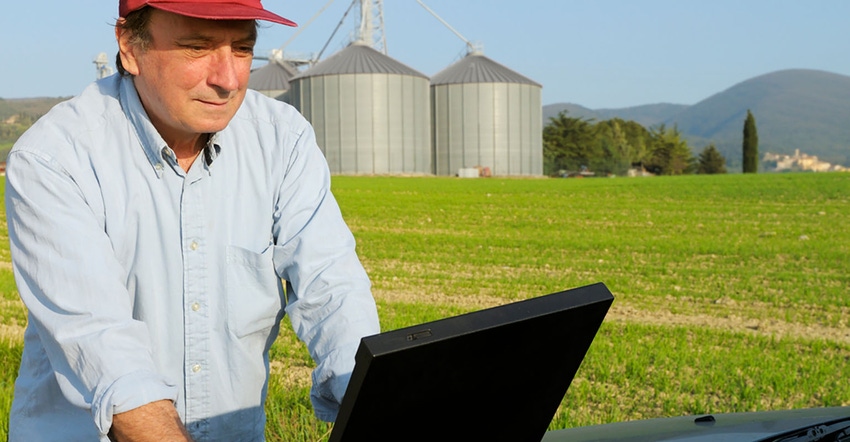
By Isis Almeida and Bre Bradham
Indigo Ag Inc., a startup trying to take traditional crop trading onto digital platforms, is slimming down and narrowing its focus as its new boss prepares for a green future in agriculture.
The Boston-based company will concentrate its efforts on its grain-trading platform and its new carbon business, Chief Executive Officer Ron Hovsepian said in his first interview since taking the top post in September. That’s meant reducing the company’s offerings by half and naming a slew of new executives including a finance leader and a chief digital officer.
Agri-tech startups like Indigo have emerged in recent years to challenge the likes of Archer-Daniels-Midland Co., Bunge Ltd., Cargill Inc. and Louis Dreyfus Co. -- the storied quartet of crop traders that dominate the market. But after raising millions from investors including the Alaska Permanent Fund, Indigo was forced to cut jobs after having invested in too many different businesses.
“Very, very clearly, we’re going to focus on two problems: one, helping the market become more efficient and more effective at buying, selling and moving grain,” Hovsepian said. “Problem two that we’re focused on is really around climate change and sustainability.”
“Everything else is off to the side now and gone,” he said.
Offerings reduced
Indigo has cut its service offerings to four from eight and is putting more emphasis on its digital platform, which seeks to connect farmers directly with buyers. That challenges the business model of the trade houses that historically made money by buying crops from farmers, storing and then selling them at a higher price later. It’s also keeping its associated transport business.
Some $1.4 billion worth of products changed hands through Indigo’s digital marketplace in 2020, more than six-fold increase from a year earlier. In bushel terms, volume increased some 600%. While the majority of products were row crops, Indigo continues to see interest from companies looking for specialty crops or tailor-made solutions like the agreement to supply Anheuser-Busch with rice grown using 10% less water and nitrogen.
“This industry is actually at the precipice of a lot of evolution,” Hovsepian said, referring to the trade of agricultural commodities. “The industry is going to develop, I think, a new set of muscles. They will be a little more nimble.”
The startup is gearing up for a world in which agriculture is key in fighting climate change. The company’s carbon business helps farmers adopt regenerative agriculture practices that sequester emissions in the soil. It then pays them for their carbon permits and sells the offset to clients including apparel maker North Face and Maple Leaf Foods Inc.
Carbon business
Indigo is also expanding its carbon business in Europe, with partnerships to enlist growers in Germany and Sweden. It’s keeping its biologicals business and prioritizing North America and Brazil for its trading platform and Europe and the U.S. for the carbon business, Hovsepian said.
The company recently named Jim Young as chief financial officer. It also tapped GrubHub’s Maria Belousova to lead its digital developments and Elizabeth Graham to head operations. Corey Jorgenson, a former executive for crop handler Andersons Inc., also joined Indigo this year as a senior vice president.
“The world is intersecting in a bunch of places and I see a ton of momentum behind the things we’re doing,” Hovsepian said.
© 2021 Bloomberg L.P.
About the Author(s)
You May Also Like




